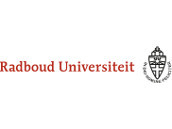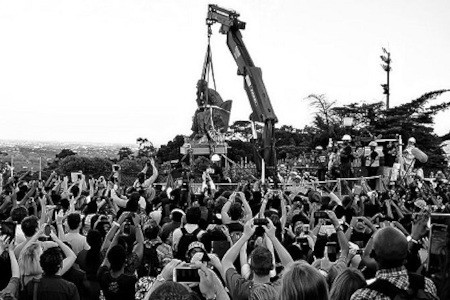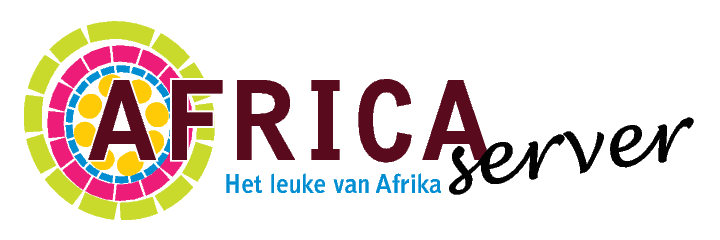Muziekagenda
Donderdag 07 September 2023

Promotie: Intergenerational and epigenetic effects of trauma and PTSD following exposure to the 1994 genocide against the Tutsi in Rwanda
Donderdag 07 September 2023 12:30
Promovendus: S.C. van der Boor. Promotor(s): prof. dr. R.W. Sauerwein. Copromotor(s): dr. M.B.B. McCall, dr. A.S. Yang. Malaria veroorzaakt jaarlijks meer dan 600.000 doden, voornamelijk bij jonge kinderen in sub-Sahara Afrika. Sinds 2020 neemt de incidentie van malaria weer toe, waardoor het moeilijk wordt om de doelstelling van de Wereldgezondheidsorganisatie te halen: het aantal malariagevallen in 2030 met 90% te verminderen. Er zijn daarom dringend nieuwe en effectieve interventies nodig om deze ziekte te bestrijden. De veiligheid en effectiviteit van twee immunisatiestrategieën gericht op het leverstadium van malaria werd onderzocht. De eerste strategie gebruikte genetisch gemodificeerde parasieten. De tweede strategie omvatte het blootstellen van deelnemers aan potente malariaparasieten terwijl ze medicijnen gebruikten om symptomatische ziekte te voorkomen. Met beide strategieën werd bescherming opgewekt in vrijwilligers. Vervolgens werd het potentieel van varkens als preklinisch model voor malaria leveronderzoek onderzocht. Tot slot werd het gebruik van monoklonale antilichamen om malariatransmissie te voorkomen onderzocht. Passieve immunisatie voorkwam met succes de vorming van geïnfecteerde muggen. Deze bevindingen dragen bij aan het reduceren van de wereldwijde impact van malaria.

ASCL Seminar: Africa's Second Struggle for Freedom: What's decolonisation got to do with it?
Donderdag 07 September 2023 16:00 - 17:30
Removal of Cecil Rhodes' statue at the University of Cape Town, 2015. Photo credits: Desmond Bowles (via Wikimedia Commons). This event will be held physically in Leiden. For registrees who cannot travel to Leiden a link to an online platform will be sent one day before the start of the event. The freedom of ordinary Africans and their ability, at the individual level, to control their lives, lead lives marked by inviolate dignity of their persons and concurrent limits on the reach of governments and of their fellows in their daily lives, must never be up for negotiation. Indeed, this ought to be the standard by which we judge the legitimacy and attractiveness of any government and the quality of any of our societies in the continent as it increasingly is the case in other parts of the world that are also embracing struggles similar to what I have here called our second struggle for freedom. As Olúfẹ́mi Táíwò (Cornell University) has written in Against Decolonization, Africa is not alone in this connection at the present time. The difference is that those who are dominated by what he calls the metaphysics of difference that underpins an unhelpful cathexis to identity are loathe to see these similarities and, as a result, leave themselves without help from the experiences of other humans both in the past and at present. What’s decolonisation got to do with it? The basic principles for which Africans are immolating themselves, risking life and limb in standing up to dictatorial/authoritarian regimes and generally insisting that they, too, must be free are shared with other oppressed humanity from Denmark to Myanmar, from Eswatini to China. The discourse on decolonisation is a distraction from this much needed struggle.



